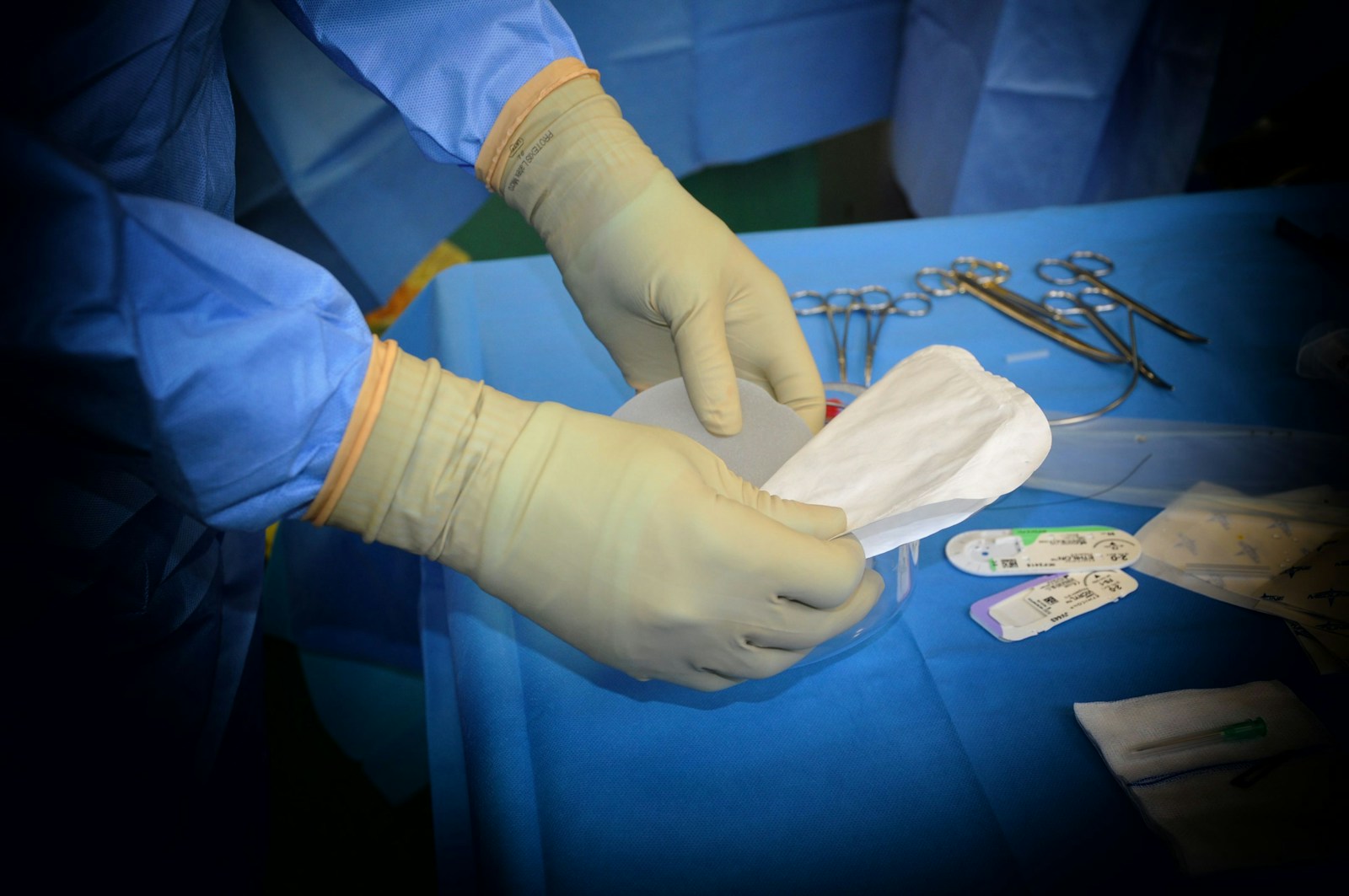Now Reading: Key Steps For Avoiding Issues With Medical Waste Disposal
-
01
Key Steps For Avoiding Issues With Medical Waste Disposal

Key Steps For Avoiding Issues With Medical Waste Disposal
Patients probably aren’t thinking about what happens to their medical waste but healthcare facilities are. All healthcare facilities must meet some key compliance standards if they want to avoid common medical waste disposal issues. This may seem pretty simple. Healthcare facilities simply follow a set of procedures but it can get confusing pretty quickly. Each type of medical waste has a specific disposal method.
Common Types of Medical Waste
Even though the type of healthcare facility often determines the type of medical waste, there can be overlaps. Meaning, that an ENT (ears, nose, and throat) clinic can produce some of the same medical waste as a walk-in emergency clinic. Some common examples include:
- Microbiological waste
- Sharps waste
- Biohazard waste
- Infectious waste
- Pathological waste
- Pharmaceutical waste
Waste from chemotherapy treatments like disinfectants, lab reagents, and X-ray film developers are other examples of common types of medical waste. Now that you have a better idea of what’s considered medical waste, it’s time to look at some of the compliance regulations.
Transporting and Disposing of Pharmaceutical Medical Waste
The Environmental Protection Agency (EPA) takes care of setting down the regulations for transporting and disposing of medical waste like sharps.
To avoid non-compliance issues, all sharps waste must be transported in water, leak, and puncture-proof containers. Yep, this means you’re going to need something sturdier than your average Rubbermaid container.
The container must also have a biohazard label. Don’t forget about the lid. The lid must seal tightly to the container.
When it’s time to move the pharmaceutical waste, you can’t toss the containers in a garbage can. All hazardous waste is classified and this lets you know the disposal steps. Once again, the EPA is responsible for figuring out the classifications.
The EPA Isn’t the Only Regulatory Authority
We spent a lot of time on the EPA. While they’re a governing authority, they’re also not the only ones regulating medical waste. Yep, this is why things can easily get confusing.
Sometimes, different agencies have varying disposal instructions. Figuring out which guidelines to follow also isn’t exactly a breeze. The best advice is to contact your state regulators. Federal agencies like the EPA can also help.
Don’t be surprised if compliance standards change from one year to the next. Regulations are constantly being updated. Even though it can be a pain, the changes are usually designed with everyone’s safety in mind. After all, you don’t want to accidentally cause someone to get poked by an improperly disposed sharp.
A quick check of 42 U.S.C. § 6921-6924 can also give you some guidance. However, this federal rule only applies to pharmaceutical waste like sharps. Rules probably differ for other types of medical waste like film developers. Some of the other agencies to check for medical waste guidelines include:
- Department of Transportation (DOT)
- Drug Enforcement Administration (DEA)
- Occupational Safety and Health Administration (OSHA)
- State environmental protection agencies
- State pharmacy boards
You should also plan on checking with any locally owned public treatment works. They may also have guidelines for getting rid of your facility’s medical waste.
Common Disposal Methods for Medical Waste
Some larger healthcare facilities like medical complexes may have one or more of the following disposal methods on site. Smaller facilities are probably going to need to partner with a third-party vendor. Yep, you can find outfits that focus on disposing of medical waste.
Incineration methods are the most common but they’re also not the only way to get rid of medical waste. Chemicals are often used to dissolve liquid medical waste. Microwaves are also commonly used. Before you shove medical waste in the breakroom’s microwave, it’s not powerful enough. Microwaves also aren’t effective at getting rid of pathological waste.
A thermal autoclave is usually the best way to go. Not only can you safely get rid of pharmaceutical waste like sharps, but pathological debris like limbs also isn’t a problem. We know this isn’t the best visual image, but amputations occur and this results in medical waste.
If you keep envisioning an autoclave like the one you may have for cleaning jewelry, go bigger. Some thermal autoclaves measure around 30 feet long and 6 feet wide. As we noted earlier, some large facilities may have a thermal autoclave onsite. If not, you’re going to need to partner with an approved medical waste disposal facility.
Avoiding Potential Fines and Other Penalties
Medical waste can’t go in an office trashcan. There are specific procedures to follow and you don’t want to skip a step. The resulting fines and penalties can be hefty. Plus, you may be putting public health at risk.










